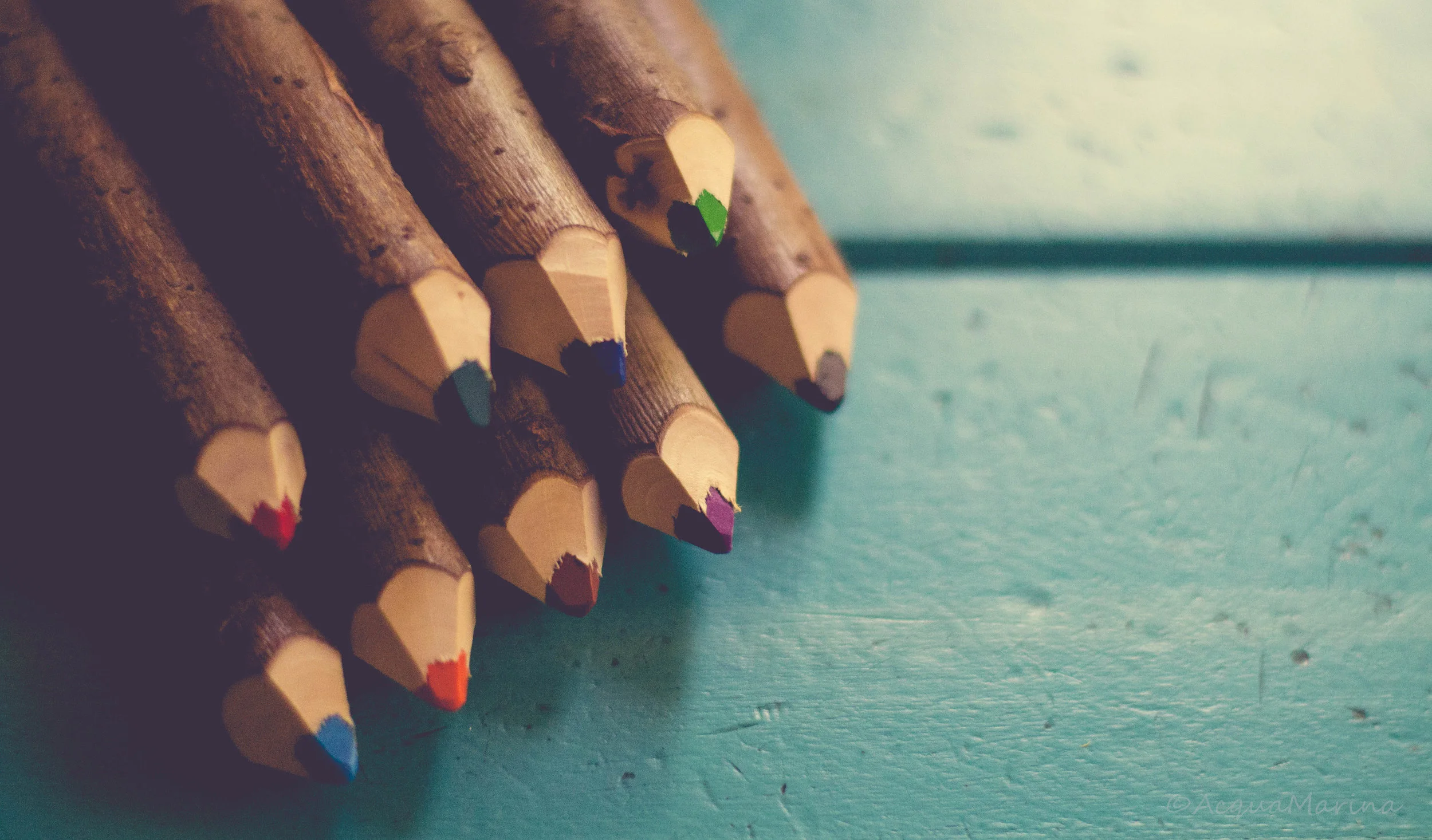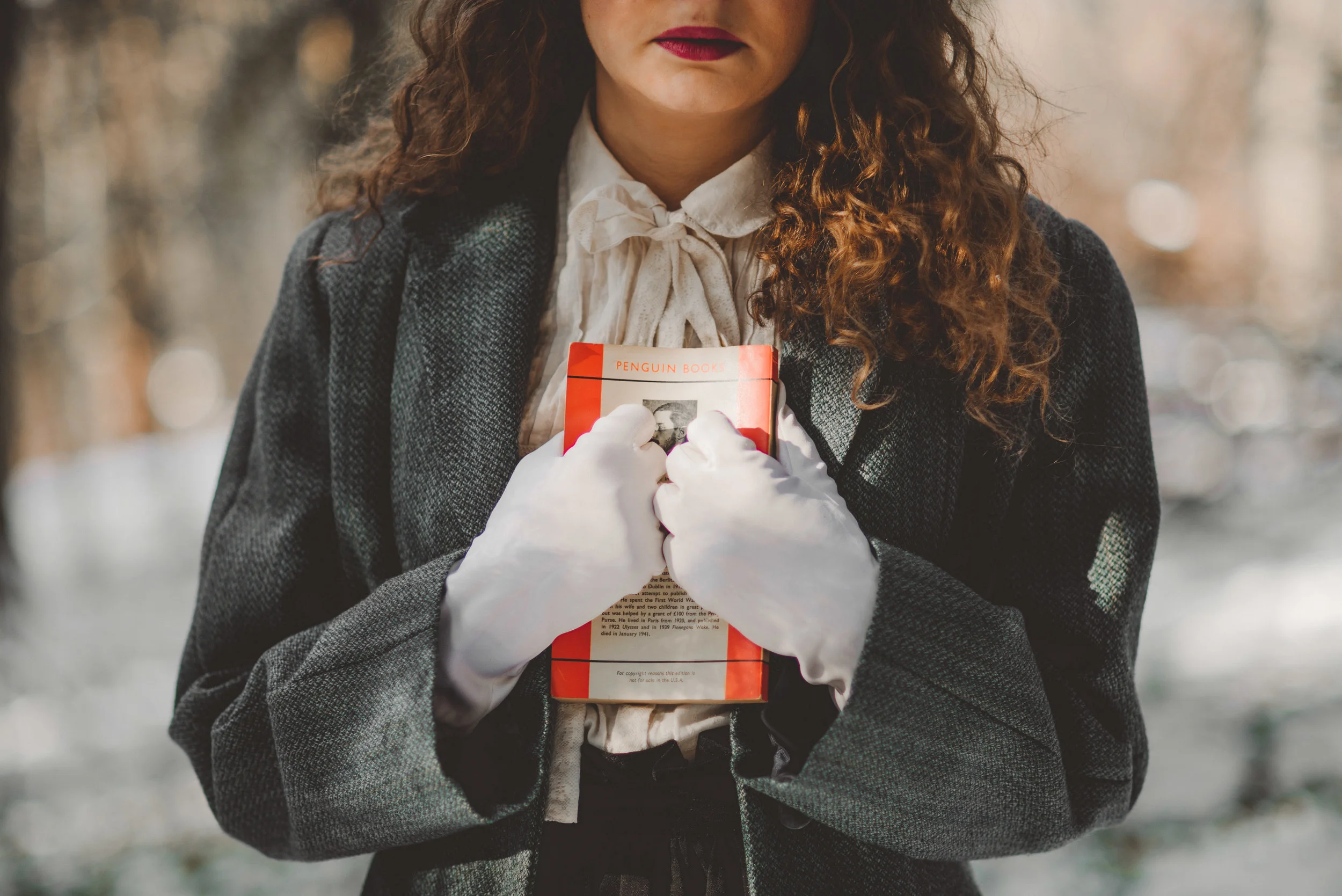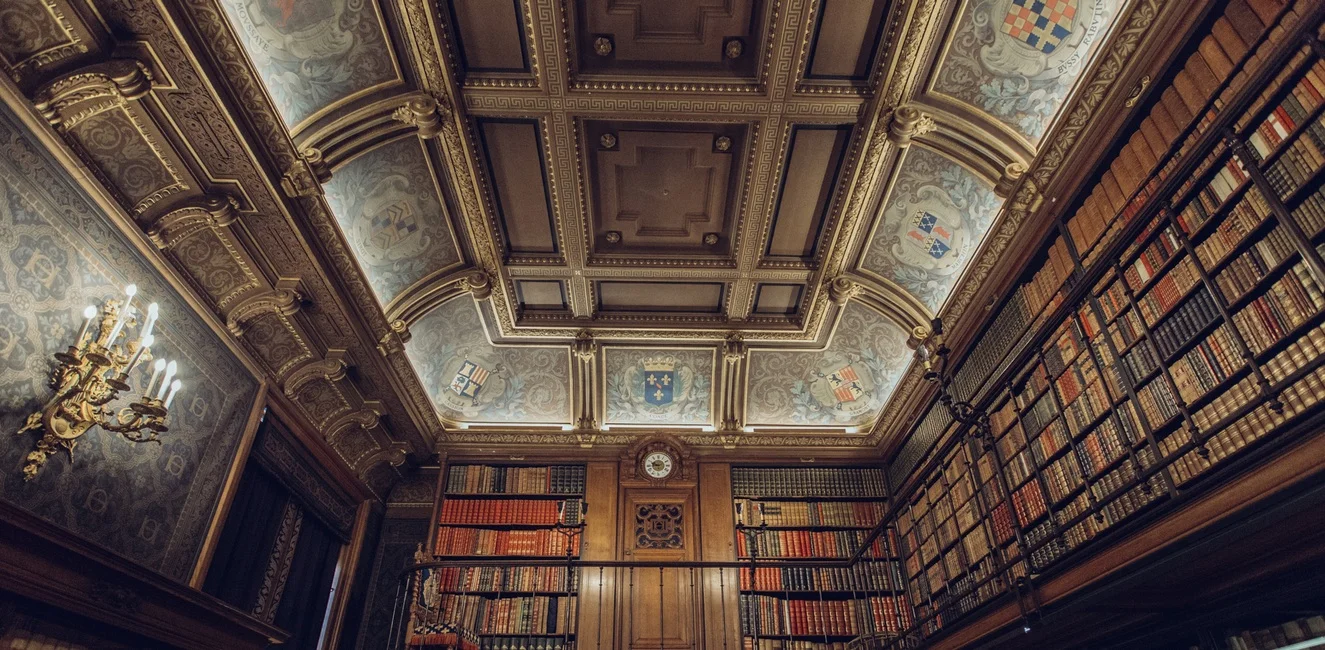Interview With an Archivist
I'm working toward mapping out my librarian career path.
Source: unsplash
When I applied for library school earlier this year, I knew that I didn't want to work in an academic library and that I didn't want to work in a public library if it meant doing anything outside the archives. I was challenged to figure out just what kind of librarianship I wanted to practice and, after much deliberation, I now think I know.
Kent State University, where I'm getting my Masters of Library and Information Science, offers a number of specializations, and when I found myself torn between digital preservation and museum studies, I decided to pursue both. Digital preservation involves making sure digitization efforts are sustainable across evolving technologies, and museum studies is practicing the principles of librarianship in a museum setting. I thought about careers that would allow me to do both, and I landed on Museum Librarian and Archivist.
I also knew that I wanted to work in a narrative type of museum, like a history museum where the collections tell a cohesive story, unlike, say, an art museum where the collections are unrelated besides having an artistic medium in common. Having narrowed my options, I decided to interview museum librarians/archivists just to make sure that I'm making the right career move.
For my first interview, I talked to Laura Anderson, Archivist at the Birmingham Civil Rights Institute.
Mandy Shunnarah: What is a day in the life like as an archivist at the BCRI?
Laura Anderson: No two days have been alike, which I think is unusual for an archivist. I mostly interact with the public and rely on interns to process materials. Right now, the archives are closed because we got a grant for additional shelving, which will increase our storage area by two-thirds. Because of our limited space, we don't often court for materials to add to the collection.
MS: A lot of what I'm learning in my MLIS classes has to do with library digitization efforts. Is the BCRI working on any digitization projects?
LA: We're raising money to digitize our interviews on VHS. It's estimated to take $300,000 to $400,000 to digitize 500 video interviews because digitizing VHS is a long, expensive process. There's a lot of pressure to digitize, but in my experience working with scholars, most are satisfied with just having the transcripts of the interviews. Digitization is what the museums on the cutting edge are doing, so that's where the pressure to digitize comes from. But there are implications of digitization. For example, it's a huge undertaking, and while there are grants to fund digitization, I haven't come across any that pay to maintain the information once it's been digitized. Just think about the servers and the IT support you'd need.
MS: So most of your visitors to the archives are scholars? Do they regularly ask for digitized materials?
LA: Our patrons are a fifty-fifty split between students and scholars. We do get some calls of people wanting everything electronically, and some things, like transcripts or photos, we can email them. But, for the most part, serious scholars will make the trip here. Researchers will always want your perspective as the steward of the information, so it helps to be able to talk to you in person.
MS: What are the archives comprised of?
LA: We have oral history (video interviews), some photographs, transcripts of interviews, and more. Since we're restructuring thanks to the grant for additional shelving, we're planning to weed out some of the materials that don't get asked for very often. For example, it's rare to have someone ask to see an actual plaque--they usually just want the information off of it, so the plaque itself is taking up valuable space. You have to keep in mind, though, that museums are inherently political, which feeds into the weeding process. Like, if we have an item given to us by someone who gave us a bunch of money, we probably won't get rid of their stuff.
MS: Since you'll have increased storage space thanks to the new shelving, will the archives start courting materials more actively?
LA: Somewhat. We're particularly interested in materials documenting police brutality in Birmingham in the '60s. There's a guy in New York who has pamphlets from the Civil Rights era about police brutality that were distributed internationally, but he's not ready to give them up just yet. As an archivist, you sometimes feel like a vulture because people will promise they'll leave you things when they die. We're also courting materials on how the Civil Rights Movement was funded. There's really no clear hierarchy of organization and accounting, but scholars are looking for this information. You hear stories about fundraisers put on by actors and musicians, and there has to be a record of it out there somewhere, but it's a matter of 'show me the money.'
MS: Do you decide what materials to court based on things scholars are looking for that you don't currently have?
LA: To a degree. We consider what people ask us for and what they're asking for at other civil rights museums across the country. There are trends in scholarship just like in anything else, so we try to stay on top of it. But we don't have an acquisitions budget, so we can't work with the people who want to sell their relics. And I made a photobook of archives materials two years ago, which serves as much to let people know what we do have as what we don't have, so we can only hope that people will donate materials to us.
MS: What are some of the biggest challenges the BCRI archives faces?
LA: Funding is always a challenge, but that's no different from other institutions. I'd say the biggest challenge is educating people about what we (the archives) do here. A lot of people want us to be the Black History Museum, but we don't see ourselves that way. The BCRI is about a movement that was Black led, but was multi-racial, multi-ethnic, and multi-faith. Another challenge is that we don't have a catalog right now. We use PastPerfect (museum cataloging software), but the updated version of our website doesn't work with PastPerfect. The software can't be migrated to the site through exporting or any of the normal routes, so all the information would have to be re-entered into a new database. Right now, we can't justify creating an entirely new database that may only work for the short period of time until our website is upgraded again.
MS: What are some things the archives is doing that you're looking forward to?
LA: We have an open house scheduled for December 10th. By then we'll have the new shelves installed and our materials will be weeded and organized, so we're excited about being able to show it off. It'll be in the late afternoon, we're thinking around 4pm.
I encourage my readers to visit the Birmingham Civil Rights Institute, including the archives open house on December 10th. If you'd like to make a donation to the museum, you can do so online. And if you'd like to buy Laura's photobook, you can do so online through the BCRI gift shop.







